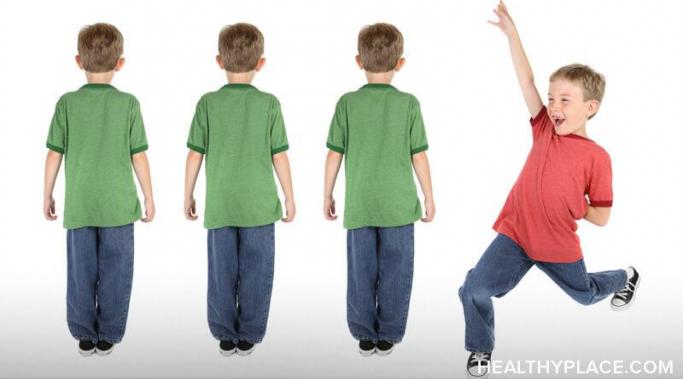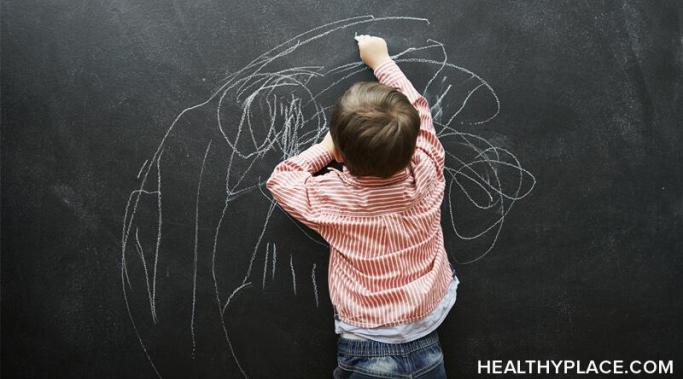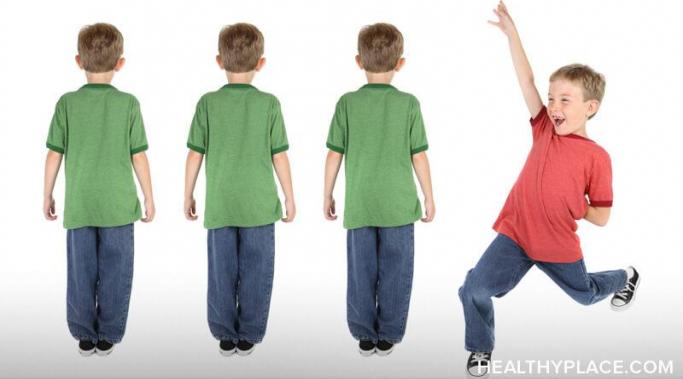Our always-connected world means learning new skills is a mere click away. However, this is a double-edged sword for me, thanks to adult attention-deficit/hyperactivity disorder (ADHD).
ADHD Self-Help
Throughout my life, I've never felt like I could simply enjoy a moment. Each one felt rushed and incomplete. A new episode of a TV show? I'd watch it while I did my homework. I'd play video games while I listened to a podcast. I'd scramble to write something at the last moment, just before a deadline.
Beyond the scope of a checking account, money and I have never been on speaking terms. I suspect attention-deficit/hyperactivity disorder (ADHD) is making me bad with money. When others speak of investing, 401(k)s, or, frankly, even savings, I feel the desperate desire for a Rosetta Stone to help me translate. I took four years of French in high school, and I can still remember "Le chien est sur la route!" in case there's ever a dog in the road, and I need to alert somebody, but Finance might as well be Ancient Sumerian as far as my comprehension is concerned.
Staying consistent can be a challenge for anyone. However, staying consistent can be especially difficult for those affected by attention-deficit/hyperactivity disorder (ADHD).
Living alone has either been the best thing for me or the worst, and it fluctuates often. As an adult living with attention-deficit/hyperactivity disorder (ADHD), it's easy to stray from the task at hand or spend a whole day doing nothing, which is why I strive to make my apartment ADHD-friendly.
I'm a person on the Internet, which means large corporations like Google and Facebook have likely collected enough data on me to recreate me as a Metaverse AI. The benefit of this is that my social media feeds are finely tuned to align with my interests, and Instagram recommends me products that I can't afford but definitely want. That said, I sometimes worry that the algorithms know me too well, especially when TikTok started showing me video after video of people discussing their attention-deficit/hyperactivity disorder (ADHD).
When most of your life has been a struggle to perform tasks thanks to attention-deficit/hyperactivity disorder (ADHD), it's hard not to become preoccupied with productivity. So zero percent productivity days can lead to self-criticism.
Numerous studies, articles, and opinionated online users have claimed that the United States overdiagnoses attention-deficit/hyperactivity disorder (ADHD), leading to an over-reliance on stimulant ADHD medications like amphetamine and dextroamphetamine (Adderall) and methylphenidate hydrochloride (Ritalin) As someone diagnosed with ADHD as an adult, I often think about how different my work ethic might have been if I'd been diagnosed and prescribed ADHD medication at, say, 15 or even 18 instead of 24. I can say without a doubt that my medications help me stay productive and focused, and I wish I'd had that same capability back when I was a student.
Almost every day, I tell myself I'm going to start work at 9:00 a.m. and be productive. Almost every day, I'm disappointed with myself. In my head, I'm a person with a million ideas, a million goals, and a million ways of making things happen. In practice, I'm easily distracted by, well, basically everything. It's frustrating. I want to push myself. I want to do amazing things, but I regularly find myself lying on the couch watching YouTube videos and barely paying attention. I struggle to be motivated.
Self-compassion doesn't come easily for me. However, where once I was quite hard on myself, I've made administering self-compassion part of my routine. Now that I've got my attention-deficit/hyperactivity disorder (ADHD) under control, being self-compassionate and reminding myself of personal progress are even more important.









